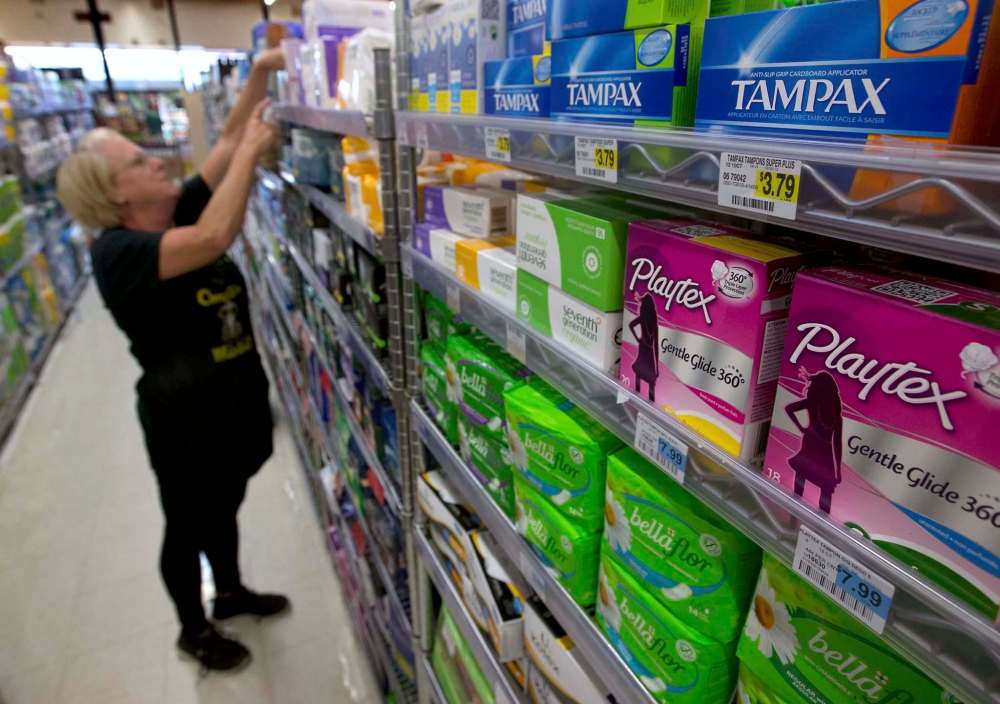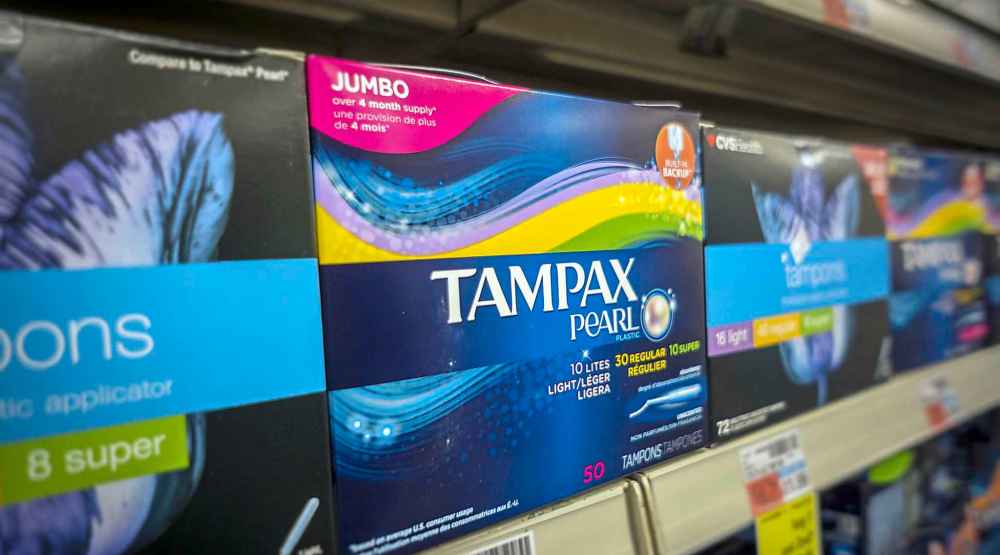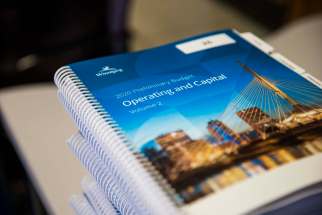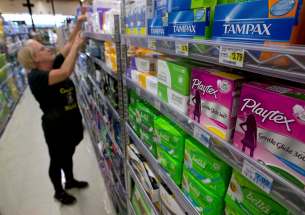Scotland aims to end ‘period poverty’
Read this article for free:
or
Already have an account? Log in here »
To continue reading, please subscribe:
Monthly Digital Subscription
$0 for the first 4 weeks*
- Enjoy unlimited reading on winnipegfreepress.com
- Read the E-Edition, our digital replica newspaper
- Access News Break, our award-winning app
- Play interactive puzzles
*No charge for 4 weeks then price increases to the regular rate of $19.00 plus GST every four weeks. Offer available to new and qualified returning subscribers only. Cancel any time.
Monthly Digital Subscription
$4.75/week*
- Enjoy unlimited reading on winnipegfreepress.com
- Read the E-Edition, our digital replica newspaper
- Access News Break, our award-winning app
- Play interactive puzzles
*Billed as $19 plus GST every four weeks. Cancel any time.
To continue reading, please subscribe:
Add Free Press access to your Brandon Sun subscription for only an additional
$1 for the first 4 weeks*
*Your next subscription payment will increase by $1.00 and you will be charged $16.99 plus GST for four weeks. After four weeks, your payment will increase to $23.99 plus GST every four weeks.
Read unlimited articles for free today:
or
Already have an account? Log in here »
Hey there, time traveller!
This article was published 06/03/2020 (2105 days ago), so information in it may no longer be current.
Sunday is International Women’s Day, and while the United States is marking the occasion by eliminating its last viable female presidential candidate, Scotland is taking a more progressive approach.
The country is on track to be the first in the world to make menstrual hygiene products available at no charge to anyone who needs them. That would make Scotland the first nation in the world to end “period poverty.”
Last week, the Period Products (Free Provision) (Scotland) Bill passed through the first of three stages in the Scottish Parliament, with 112 votes in favour and zero opposed, with one abstention. The cost to implement the legislation is pegged at £24 million annually (C$41 million).

That the Scottish government is willing to make that investment is encouraging. Period poverty is real, and it affects women and girls all over the world. According to the children’s charity Plan International UK, one in 10 girls in the United Kingdom cannot afford menstrual hygiene products such as pads or tampons. Twelve per cent have had to “improvise” with toilet paper or rags.
Period stigma is also a factor. A telling 71 per cent of girls surveyed feel embarrassed buying hygiene products.
Scotland is already a leader on this issue. In 2019, it became the first nation to offer free period products to students at all levels of education. A year earlier, Celtic became the first soccer club to provide free sanitary products, thanks to fans Erin Slaven, Mikaela McKinley and Orlaith Duffy, who correctly pointed out that spectators don’t have to pay for soap or toilet paper, nor are they expected to take their own to games. Other clubs in the U.K. have followed Celtic’s lead.
Despite being taxed as such in Britain, menstrual products are not a “luxury item.” They are an essential. If supplies are provided, girls don’t have to miss school, or scrounge for change for a rusted-out machine that hasn’t been reliably stocked for years, or wad up toilet paper and pray it doesn’t leak.
And for people experiencing homelessness who lack access to products, as well as to public washrooms, menstruation becomes an incredible stressor on top of so many others.
Providing equitable access to supplies is one part of the equation; the other part is destigmatizing a normal bodily function. The well-known brand Kotex recently debuted a new ad that uses red liquid to demonstrate the absorbancy of its pads, instead of the nebulous blue liquid used in most period-product advertising.

The fact menstrual hygiene products and their necessity are being discussed in a serious, thoughtful manner by parliamentarians of all genders represents progress that will improve both accessibility and attitudes. In Scotland, it seems, periods are not “unmentionable.” Periods are normal.
Riding this red wave at home are local groups such as the Kindred Project, a Manitoba organization that distributes period packs to those who need them. Menstrual hygiene drives are becoming more commonplace as awareness has increased — including the efforts of activists who campaigned the Canadian government to remove the federal tax on tampons, pads and cups (which it finally did in 2015). Manitoba hasn’t charged PST on such products since 2002.
Other jurisdictions around the world, including Canada and Manitoba, would do well to take Scotland’s lead and explore ways to provide universal access to essential supplies that are required by half the population for roughly 40 years of their lives. As they say in the U.K.: it’s about bloody time.








